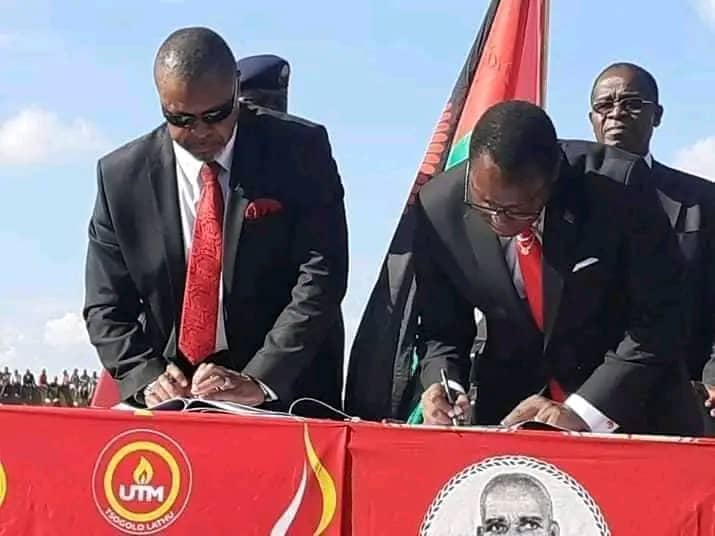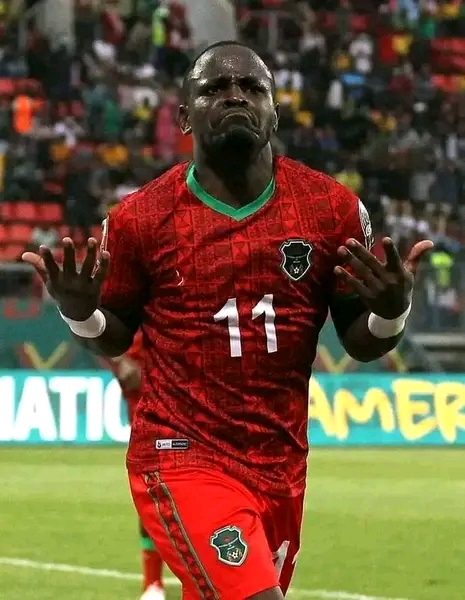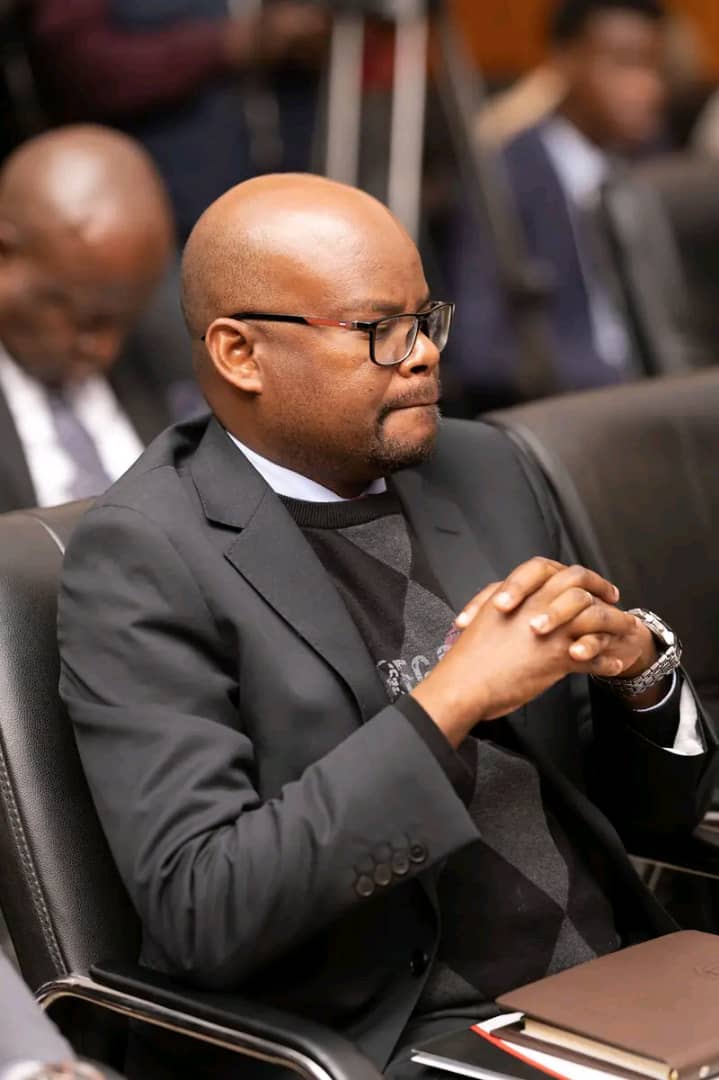By Burnett Munthali
The death of Vice President Dr. Saulos Klaus Chilima has sent shockwaves through Malawi’s political landscape, particularly within the Tonse Alliance Coalition, which he was instrumental in forming.
Dr. Chilima, the charismatic and influential leader of the United Transformation Movement (UTM), was a key pillar in the alliance that unseated the Democratic Progressive Party (DPP) in the historic 2020 court-sanctioned Fresh Presidential Election.
His passing leaves a deep void not only in the UTM but also in the broader framework of the Tonse Alliance, which now faces serious questions about its future coherence and direction.
The UTM has always been seen as more than just a junior partner in the coalition—it was a strategic force, attracting youthful support, mobilising grassroots movements, and pushing for a progressive reform agenda.
With Chilima gone, the UTM appears rudderless, and its morale is visibly shaken, as evidenced by the lack of clear leadership succession or consensus within the party.
Speculation is growing that the UTM may formally withdraw from the Tonse Alliance, a move that could significantly weaken the governing coalition ahead of the 2025 general elections.
This possible withdrawal stems not only from grief and disorientation but also from a growing sense of political disillusionment among UTM supporters, who feel the party’s values and ambitions are no longer being fully honoured within the alliance.
Already, rifts have emerged within the Tonse Alliance over power-sharing, resource allocation, and strategic decision-making, tensions that could worsen without Chilima’s unifying presence.
His role as a bridge between President Lazarus Chakwera’s Malawi Congress Party (MCP) and other alliance members was critical in keeping the coalition afloat despite internal disagreements.
Without Chilima’s charisma and political capital, the Tonse Alliance risks becoming fragmented, with smaller parties reconsidering their alliances or being swallowed up by larger political entities.
For the MCP, this development presents both a challenge and an opportunity—it may consolidate power in the short term but risks alienating voters who supported Tonse because of its diversity and inclusiveness.
For opposition parties like the DPP, the Tonse Alliance’s potential unraveling could present an opening to regain lost ground, especially in areas where UTM’s grassroots networks were dominant.
In the absence of Dr. Chilima, the Tonse Alliance must now grapple with critical questions about leadership, vision, and cohesion.
If a new structure or leadership framework is not urgently developed to fill the Chilima gap, the alliance may dissolve into political irrelevance or bitter infighting.
The fate of the Tonse Alliance now hinges on whether its remaining leaders can recommit to the founding principles of the coalition and build a new consensus in honour of the legacy Chilima left behind.
Whether this marks a turning point for transformation or a collapse into fragmentation remains to be seen, but one thing is certain—Malawi’s political terrain has been permanently altered.





